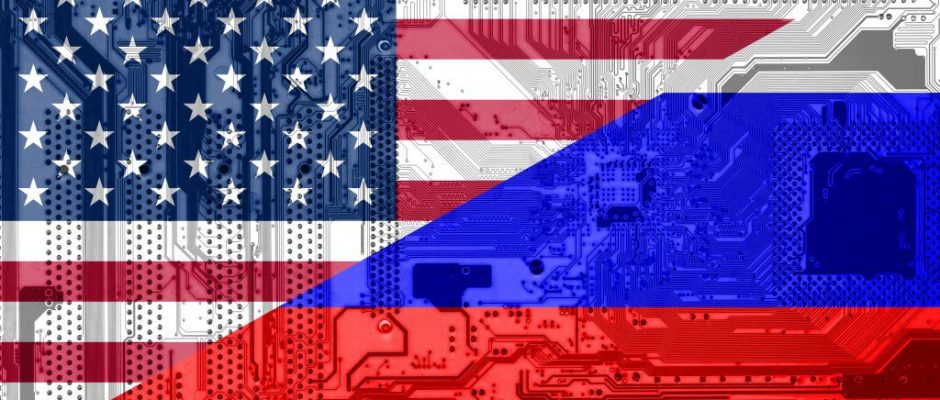HPE Investigating Hacker Breach Claims – January 21st
Following claims from the IntelBroker group on BreachForums of having access to large amounts of Hewlett Packard Enterprise (HPE) company data, HPE has begun its investigations.
The breach allegedly includes private GitHub repositories, Docker builds, and source codes. Arctic Wolf researchers helped HPE uncover the potential breach, and are continuing to work on validating the claim.



